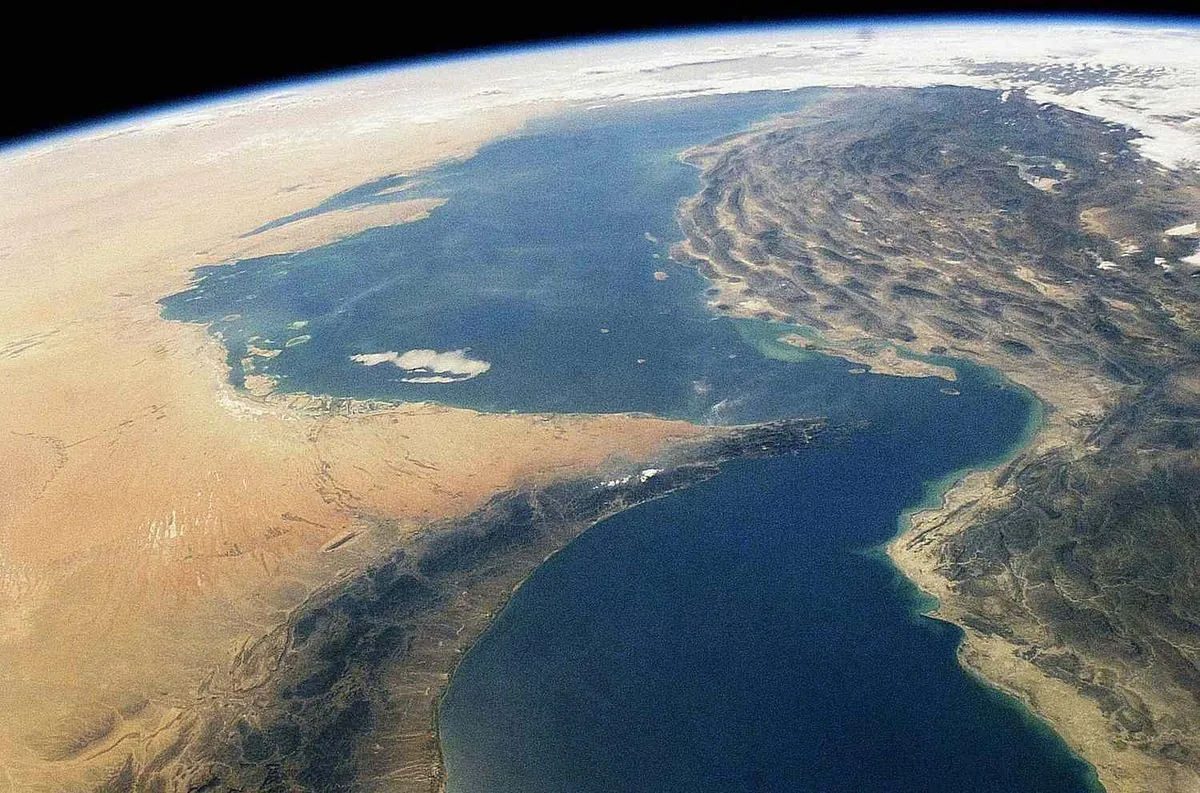Saudi Arabia Considers Boosting Oil Output Amid Middle East Tensions
Saudi Arabia signals potential increase in oil production, potentially impacting global markets. This move comes as Israel confirms killing of Hezbollah leader, raising concerns about regional stability.

In a significant development, Israel has confirmed the elimination of Sayyed Hassan Nasrallah, the top leader of Hezbollah, in a strike on September 27, 2024. This action marks a potential escalation in the ongoing Middle East conflict, which has already had severe economic repercussions in the region.
The war's impact on Gaza has been particularly devastating, with the World Bank reporting an 86% year-on-year decline in GDP for January 2024. This economic downturn highlights the severe consequences of prolonged conflict in the area.
Despite these tensions, global oil prices have remained relatively stable, hovering between $70 and $80 per barrel. However, the potential for major hostilities on Israel's northern border with Hezbollah has been a concern for market observers. The most extreme scenario involves Iran potentially closing the Strait of Hormuz, through which approximately 20% of the world's daily oil supply passes.

The response to Israel's actions remains uncertain, with possibilities ranging from Hezbollah launching more rockets into Israel to direct attacks by Iran, similar to those seen in April 2024. However, the focus has shifted to Saudi Arabia's role in shaping the oil market's future.
Crown Prince Mohammed bin Salman, who became the de facto leader of Saudi Arabia in 2017, plays a crucial role in the Organization of the Petroleum Exporting Countries (OPEC). OPEC, along with allies like Russia, controls approximately half of the world's oil supply and has been implementing production cuts to maintain oil prices.
Recently, Saudi Arabia has been voluntarily producing well below its maximum capacity of 12 million barrels per day, with an average output of just 9 million barrels. This strategy has been a source of frustration, especially as other OPEC members like Iraq and Kazakhstan have exceeded their quotas.
Adding to the complexity of the situation is the sluggish oil demand due to China's economic slowdown and increasing competition from non-OPEC producers such as Brazil and Guyana. These factors have contributed to oil prices falling below the level at which the Saudi budget breaks even.
In response to these challenges, Saudi Arabia may be considering a shift in its strategy. Reports suggest that the kingdom might abandon its unofficial price target of $100 per barrel and increase production. This potential move could have significant implications for global oil markets and prices.
"Saudi Arabia is ready to ditch an unofficial price target of $100 a barrel and raise output."
The possibility of Saudi Arabia increasing its oil production is reminiscent of its actions in March 2020, when it last decided to maximize its output. Such a move could find favor with U.S. politicians seeking lower fuel prices for consumers.
As the situation unfolds, oil traders and global markets will be closely monitoring Saudi Arabia's decisions and their potential impact on oil prices. The mere suggestion of increased production could help maintain stable oil prices amidst regional tensions.
This development occurs against the backdrop of OPEC's ongoing efforts to manage global oil supply. The organization, founded in 1960, holds meetings at least twice a year to coordinate petroleum policies among its 13 member countries. The next significant OPEC meeting in December 2024 may provide further clarity on the direction of oil production and prices.
As these events unfold, the global community remains watchful of both the geopolitical tensions in the Middle East and their potential economic ramifications on the world stage.


































